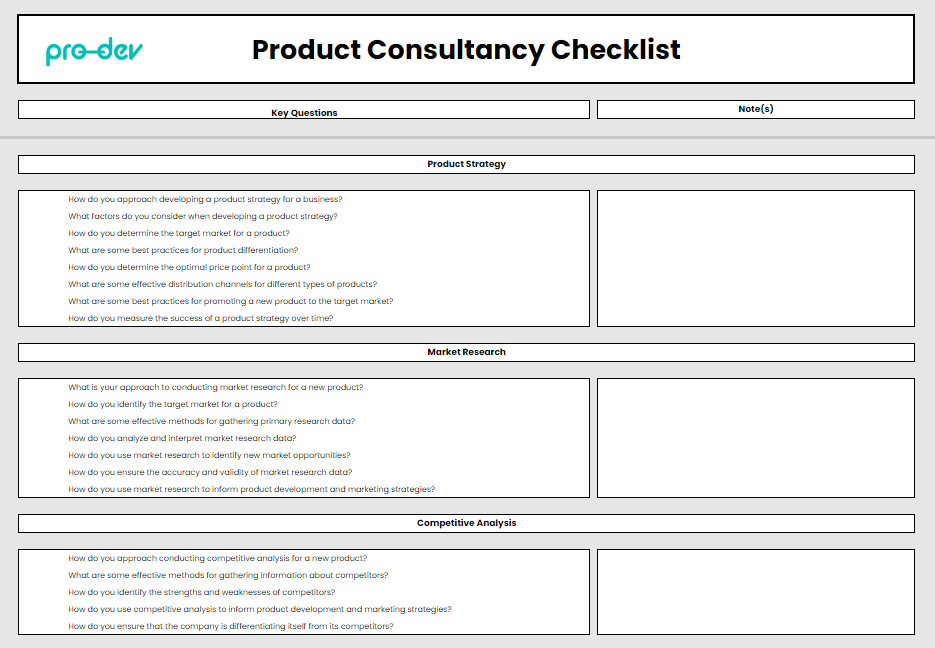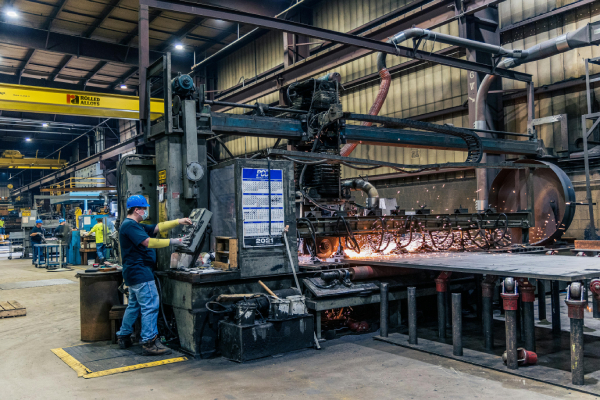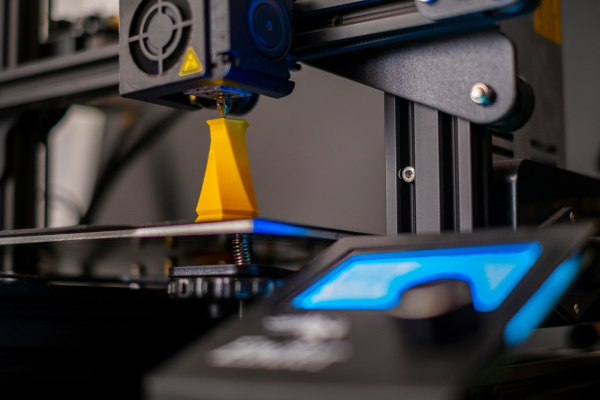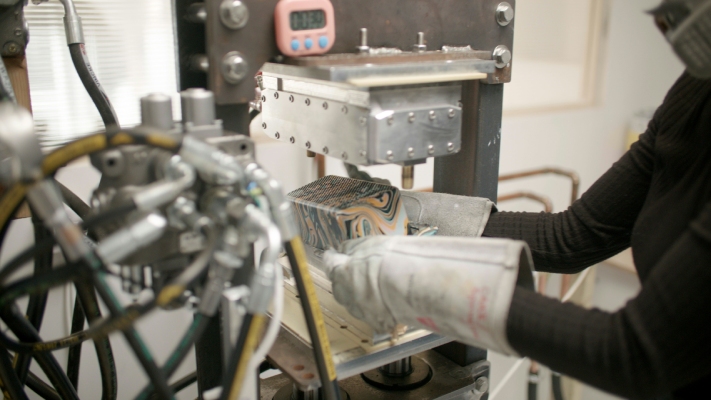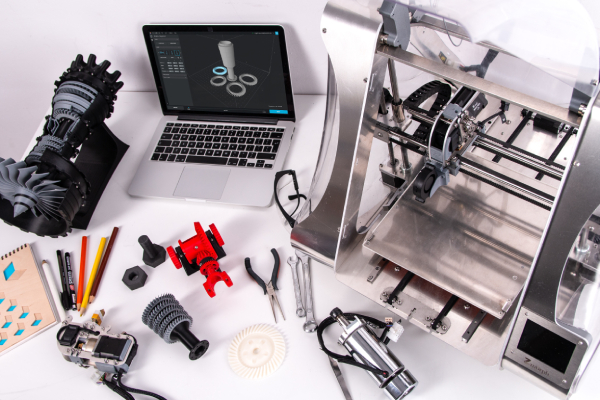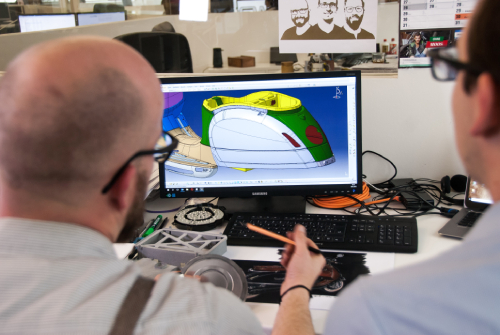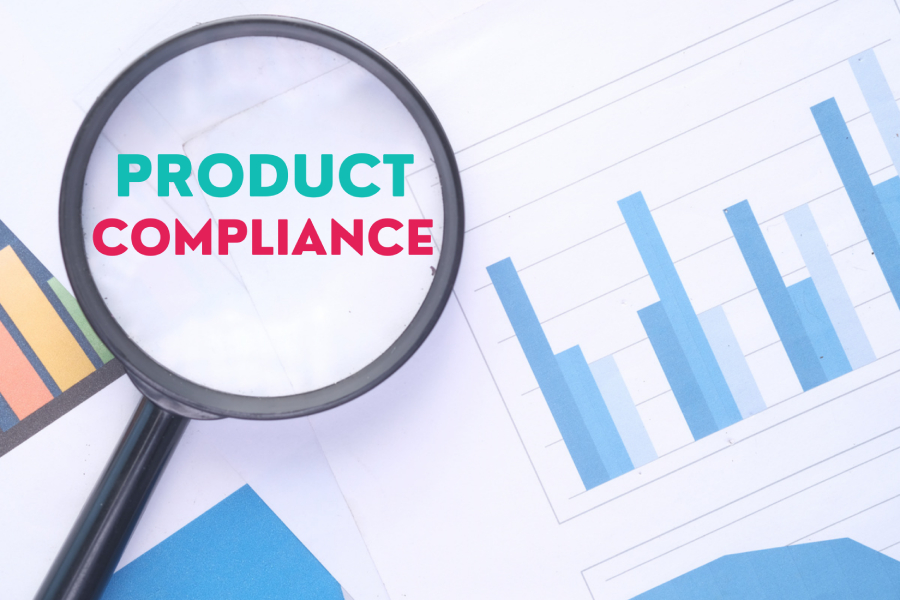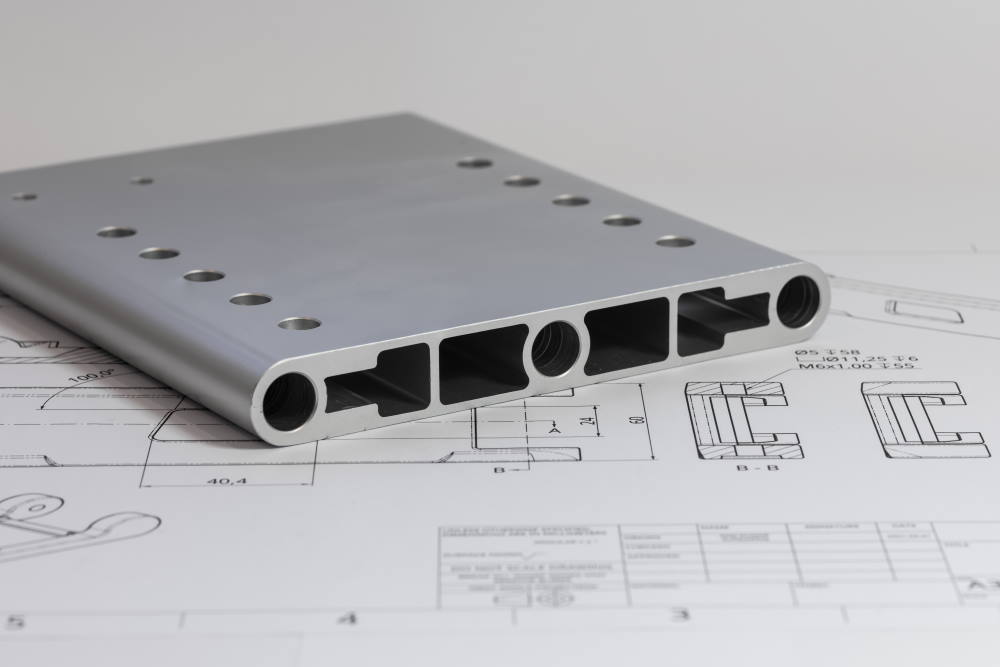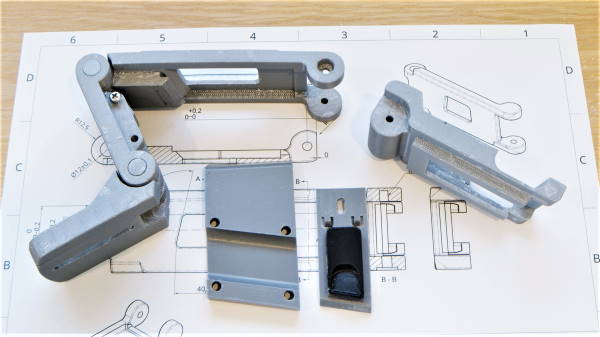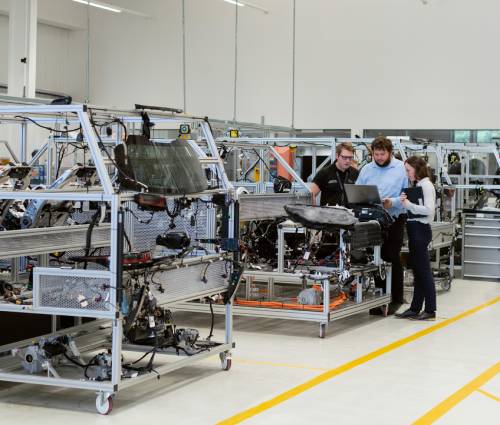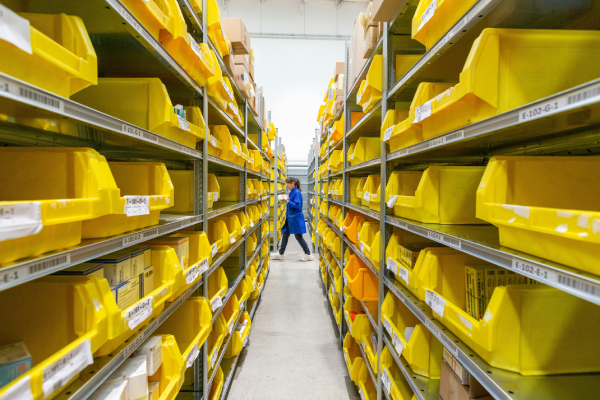
In 2022, New York City had to put out 220 fires from exploding electronic bikes and scooters powered by lithium-ion batteries. Between 2021 and 2022, these lithium-ion batteries were also identified as the cause of 10 fatalities and 226 injuries. While some of these figures could be attributed to the misuse of these batteries, most are due to their substandard quality and defectivity.
This is just an example of how important it is for manufacturers to establish robust quality control management systems in their manufacturing facilities. Aside from financial losses due to product recalls, the loss of lives and injuries to the users cannot be quantified.
Whether a manufacturing facility belongs to a large conglomerate or a small start-up, quality control is essential to ensure each product meets company and industry standards. However, while larger companies can weather product recalls, smaller businesses are more vulnerable. Indeed, a mass product recall has the potential to destabilise the business, which could lead to its insolvency.
As such, startup companies need to partner with product development firms that take quality control seriously. For entrepreneurs looking for industrial design Sydney-based firms, there are many good options to choose from. They combine innovation with manufacturing’s best practices to grow startups into thriving businesses.
Now, let’s delve deeper into the roles of quality control when it comes to the manufacturing aspect of business.
Ensures Compliance
One of the foremost functions of quality control is to ensure compliance with regulatory standards and industry requirements. Whether it's adhering to safety regulations in the automotive sector or meeting quality standards in pharmaceutical manufacturing, compliance is non-negotiable.
According to Stout Investment Banking’s 2021 Automotive Defect & Recall Report, 27.8 million light vehicles were recalled in the US last 2020. What’s more, Toyota had the largest share of these recalls with 3.3 million vehicles brought back to the dealership. Most of the issues that this report found (around 80 per cent) were defective airbags, fuel systems, latches/locks, and brakes. While automotive manufacturers like Toyota have strict quality control processes, defects like these still slip through the cracks, costing companies a lot of money to correct.
Meanwhile, data from the United States Food and Drug Administration (USFDA) between January 2017 and September 2019 shows that 85.1 per cent of drug recalls were due to the quality of manufacturing and only 14.9 per cent were due to labelling issues. One of the issues cited in the study is the lack of sterility, which can affect the quality of medicines in the market.
Optimises Production
Beyond regulatory compliance, quality control also plays a pivotal role in optimising production processes. Inspections and testing procedures yield important information that could be directed for the business’s continuous improvement and innovation.
Through effective quality control, issues within the manufacturing process can be addressed immediately. Whether a machine needs adjustment or a bottleneck in the operation needs to be eliminated, these improvements can result in reduced lead times and increased output.
Lowers Production Costs
Contrary to popular belief, prioritising quality control doesn't just add costs, but it actually helps lower them. Using modern quality control data analytics, valuable insights could be gleaned, which translate to actionable improvements.
For instance, dimensional inspections can reveal issues within a production assembly, and adjustments can be made to prevent product wastage. Meanwhile, sampling can reveal problems with a batch of food products. In such cases, production can be halted and the problem fixed before the product reaches the market. This eliminates the need for product recalls that can be damaging to a brand.
Reduces Liability Risks
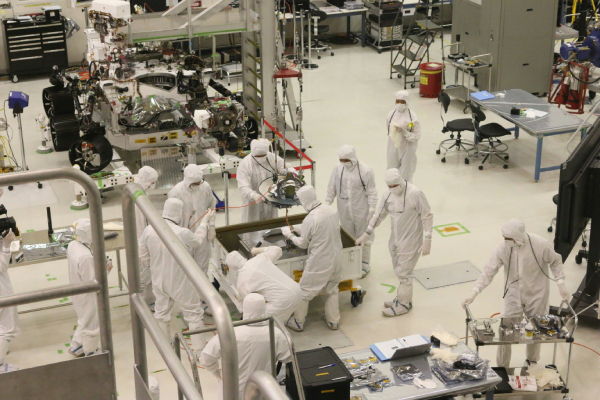
Product liability lawsuits can spell disaster for businesses. Beyond the financial cost of litigation, the news coverage can be incredibly damaging to a company’s reputation.
In October 2023, Shimano, one of the largest bike manufacturers in the world was hit with a class-action lawsuit in the US following the recall of 2.8 million 11-speed road cranksets. The suit alleged that the company has known about the defect since 2016 but did nothing to correct this. As a result of this inaction, the company now faces a costly lawsuit that could’ve been avoided.
Quality control serves as a crucial line of defence against potential liabilities by minimising the likelihood of defective products reaching the market. Moreover, manufacturers can instil confidence in their products' safety and reliability by conducting rigorous inspections, tests, and audits throughout the manufacturing process. In doing so, they can safeguard both their bottom line and brand integrity.
Meets Customer Satisfaction
At the heart of every successful manufacturing operation lies a commitment to customer satisfaction. As part of the manufacturing operation, quality control inspectors, for the most part, make sure that products consistently meet or exceed customer expectations. In successfully implementing their quality control processes, businesses can foster trust, loyalty, and repeat business.
In modern manufacturing, quality control stands on the side of both the manufacturer and the customer. Quality control inspectors, engineers, and managers ensure product excellence for the safety and satisfaction of their customers, as well as for the fulfilment of the company’s business goals. In striving for excellence, manufacturers can seize opportunities for growth and chart a course towards a successful path in the global marketplace.
